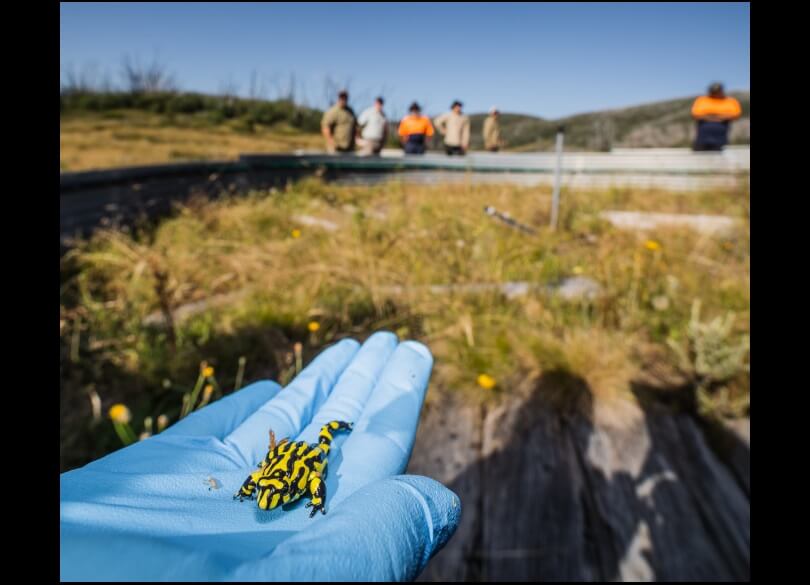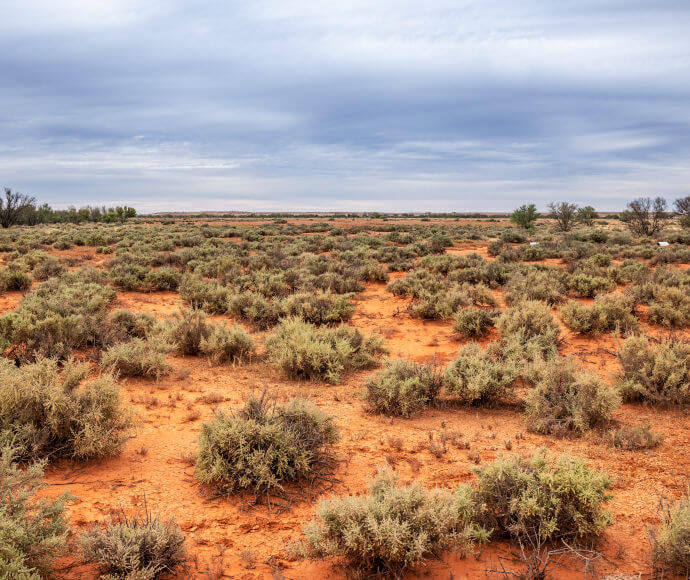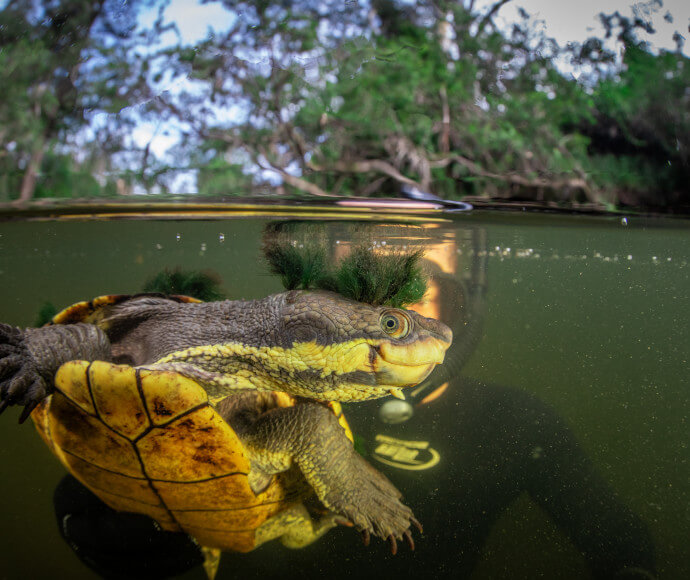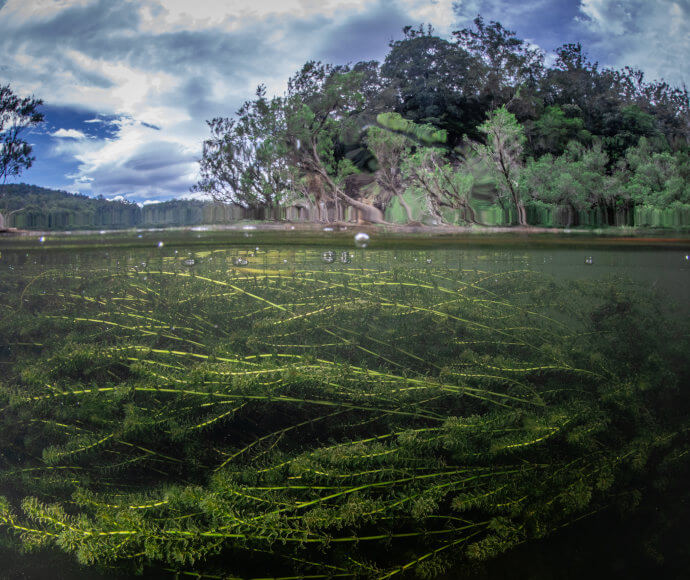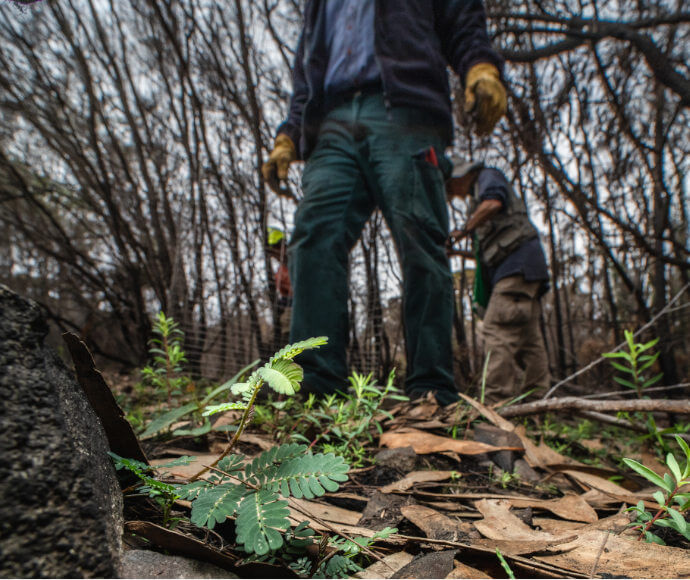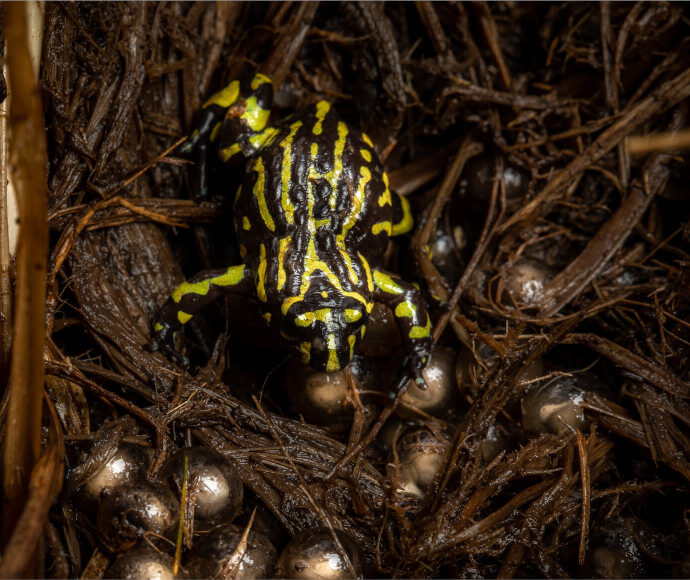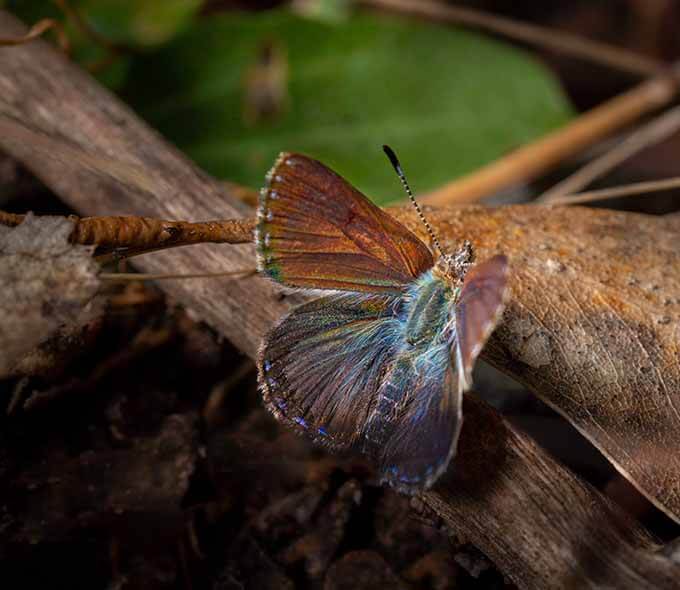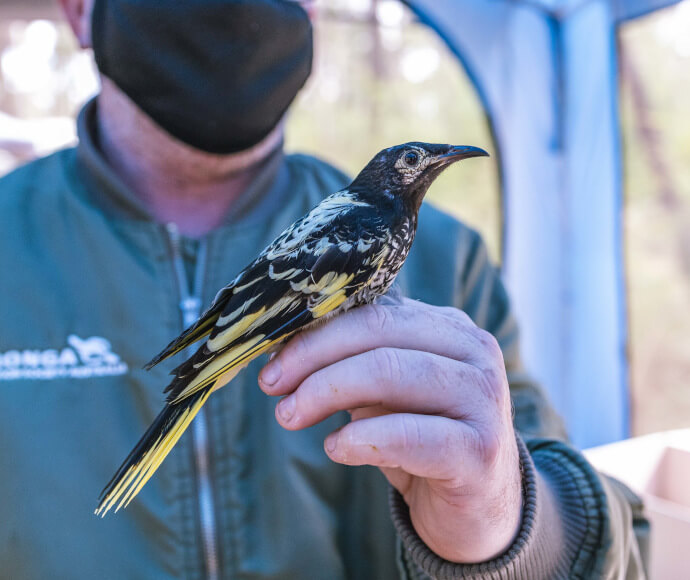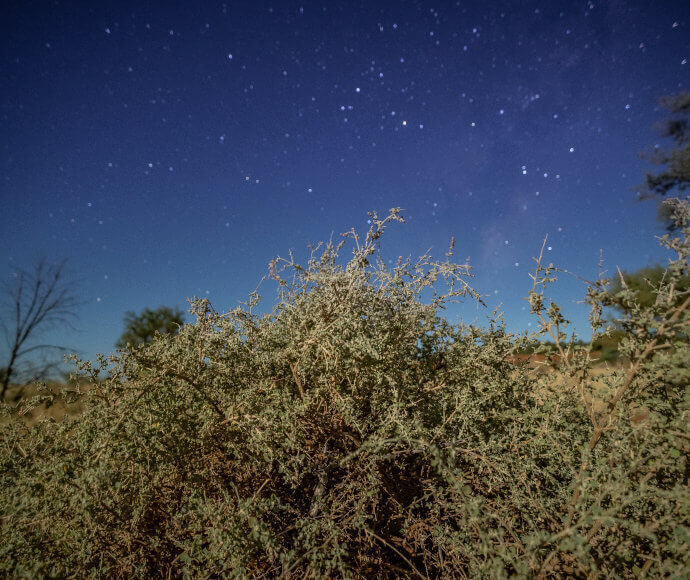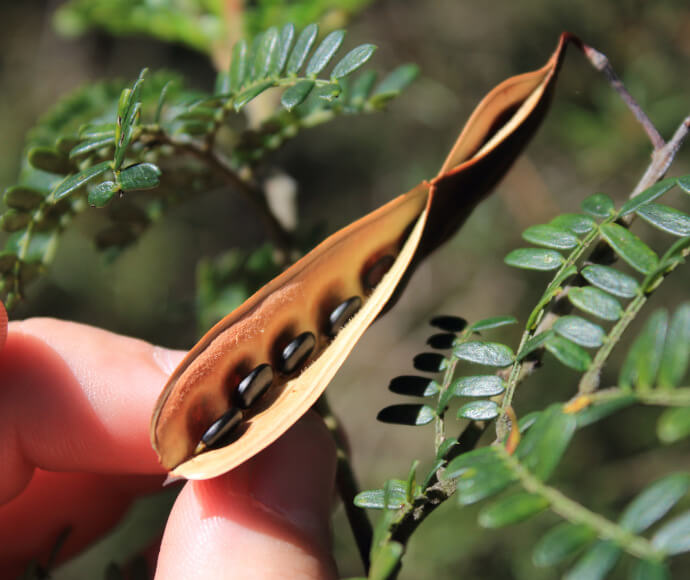Saving our Species explains: biodiversity
The term ‘biodiversity’ can be complex to explain but carries significant meaning and importance. This is why we are opening the dialogue and breaking this word down, so that when we hear things like ‘biodiversity is in decline’, we truly understand the severity of it and the impact it can have on our lives.
The meaning of biodiversity
Biodiversity is the collection of different types of life found in any one area. The trees, plants and animals – even the microorganisms, like bacteria, that live on the plants and animals.
To bring that closer to home, we’re talking about the grass beneath your feet and the worms and snails in your garden. From the birds in the sky to the fish in the sea, biodiversity is all around you.
Everything in biodiversity is linked
All these creatures living together create an ecosystem, and each part is essential. A fungi or bacteria feeds a plant, which feeds a snail, which feeds a small bird or mammal, which spreads seeds that become trees. These trees might be used to shelter or feed other wildlife, while also absorbing carbon dioxide – which keeps the air we breathe clean. Even water is affected by biodiversity – it’s filtered by healthy wetlands and soils.
Biodiversity is necessary for survival
If an ecosystem has biodiversity, it is resilient.
Consider a butterfly in its caterpillar stage. It eats various plants. If one of these plant species fell victim to disease or climate change, the caterpillar could eat other surviving species. But what if it lived in an ecosystem with low biodiversity? That might mean there was only one plant species available to them to begin with. Then, when it disappeared, this caterpillar would die too – disappearing from that ecosystem. Then the birds and lizards who relied on it would go hungry, and without the butterfly many plants would remain unpollinated, and so vegetation would reduce, and so on up and across the food chain. Ecosystems without biodiversity are at risk of collapse.
Why we should care about biodiversity
We need healthy ecosystems for our most critical survival needs such as clean air and fresh water, and ecosystems need biodiversity to be healthy and survive a changing world. The many unique birds, butterflies and bacteria we share the planet with might seem unrelated to us, but biodiversity underpins human survival. Beyond meeting our core needs, biodiversity also provides us with the things that we simply enjoy. So, if we are to continue enjoying the benefits of healthy ecosystems, we need to protect the very foundations that enable us to exist – our biodiversity.
Conserving our biodiversity is what programs like Saving our Species are working to do. To learn more about threatened species conservation efforts across New South Wales, watch our collection, 'Field Notes'.
